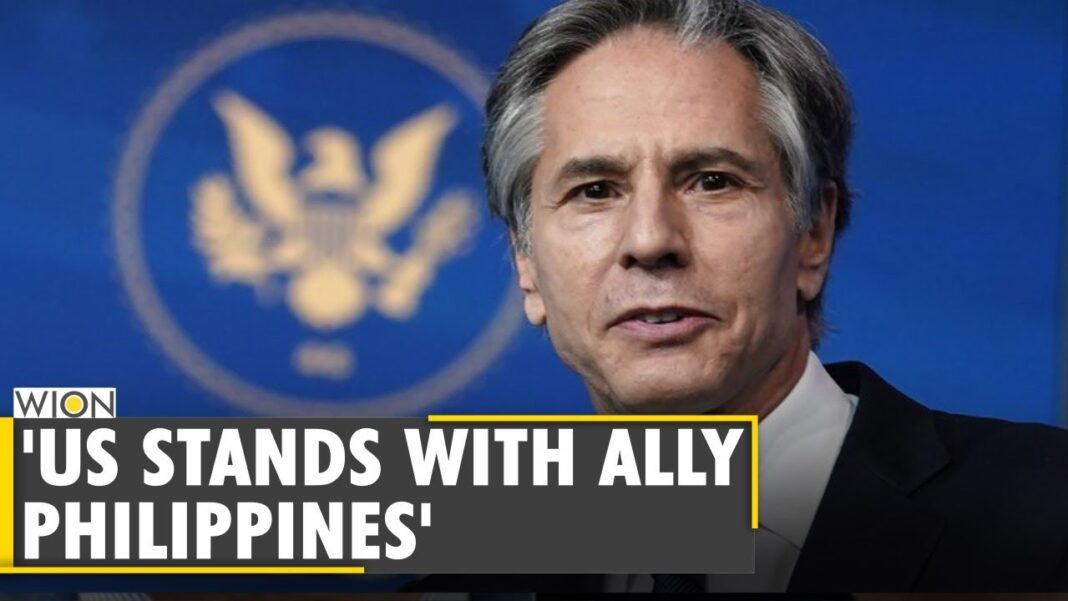NEW DELHI—Since launching its offensive in April, the Taliban has been targeting journalists, pilots, artists, and senior government officials for assassinations more frequently, as part of an asymmetric strategy that experts call psychological warfare.
The Special Inspector General for Afghan Reconstruction (SIGAR), a U.S. watchdog in Afghanistan, in its quarterly report to Congress beginning from June, expressed concern regarding the targeted assassinations of Afghan pilots when they’re off-base.
“Another worrisome development concerning AAF aircrew was a media report that the Taliban is deliberately targeting Afghan pilots. According to Reuters, at least seven Afghan pilots have been assassinated off-base in recent months,” SIGAR stated in the July 30 report (pdf).
Enayat Najafizada, founder and CEO of the Kabul-based Afghan Institute of War and Peace Studies, told The Epoch Times that the Taliban, in its bid to circle and pressurize the government at Kabul, has already followed a strategy of taking over the districts first, followed by the provincial capitals. Targeted assassinations prolong and intensify this strategy of placing pressure on the government.
“Their targets are soft. They target women, individuals from different sectors. For instance, journalists, civil society activists. The day before yesterday, they killed the government’s media Information Center’s Director. So by targeting key individuals who are very popular, they want to demoralize the general public,” Najafizada said.
A Kabul-based source told The Epoch Times, on condition of anonymity, that in the month of June alone, 51 targeted killings by “unknown men” were reported around the country.
The Taliban hasn’t been taking credit for most of the targeted killings, which are of civilians, since the U.S.–Taliban peace deal was signed in February 2020. The deal limits the kind of attacks the terrorists can conduct, and the Taliban strategy of not taking credit for the assassinations is linked to the peace-talk diplomacy, according to a report in January by Gandhara.
Members of civil society, journalists, and government officials in large cities such as Herat, Kabul, and Mazare Sharif are afraid of being targeted by the Taliban, and the organization’s campaign of terror and targeted assassinations will continue in the coming months, according to Najafizada.
The Taliban has also warned that more targeted attacks will be carried out against government leaders.





